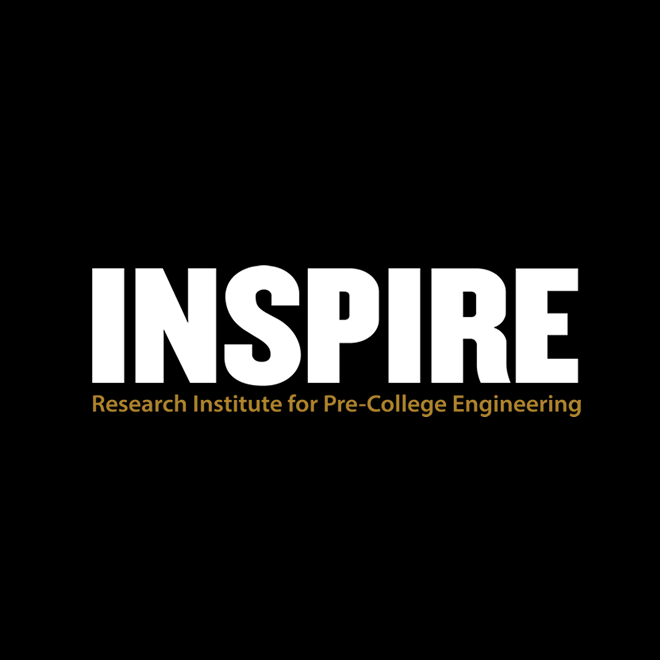Abstract
This study examines the perspectives of three generations of elementary teachers learning to teach science using engineering design and the risks associated with implementing this innovative type of reform-based science instruction. Data were gathered using semi-structured interviews, classroom observations, and teacher reflections. Data analysis entailed open coding and document analysis. The findings indicated that there were four types of perceived risks: practical, pedagogical, conceptual, and personal. First-generation teachers exhibited conceptual risk-taking behavior, while second- and third-generation teachers reported practical, pedagogical, and personal risks. Benefits of risk-taking included increased student engagement in science, improved self-confidence in teaching science, and greater teacher collaboration across generations. By exploring the experiences of these three generations of teachers, we aim to make transparent the uneven shifts in thinking and practice, and the associated risks elementary school teachers took as they enacted engineering design-based science instruction.
Recommended Citation
Radloff, J.,
Capobianco, B.,
&
Dooley, A.
(2019).
Elementary Teachers’ Positive and Practical Risk-Taking When Teaching Science Through Engineering Design.
Journal of Pre-College Engineering Education Research (J-PEER), 9(2), Article 4.
https://doi.org/10.7771/2157-9288.1208
Included in
Elementary Education Commons, Elementary Education and Teaching Commons, Engineering Education Commons, Science and Mathematics Education Commons


